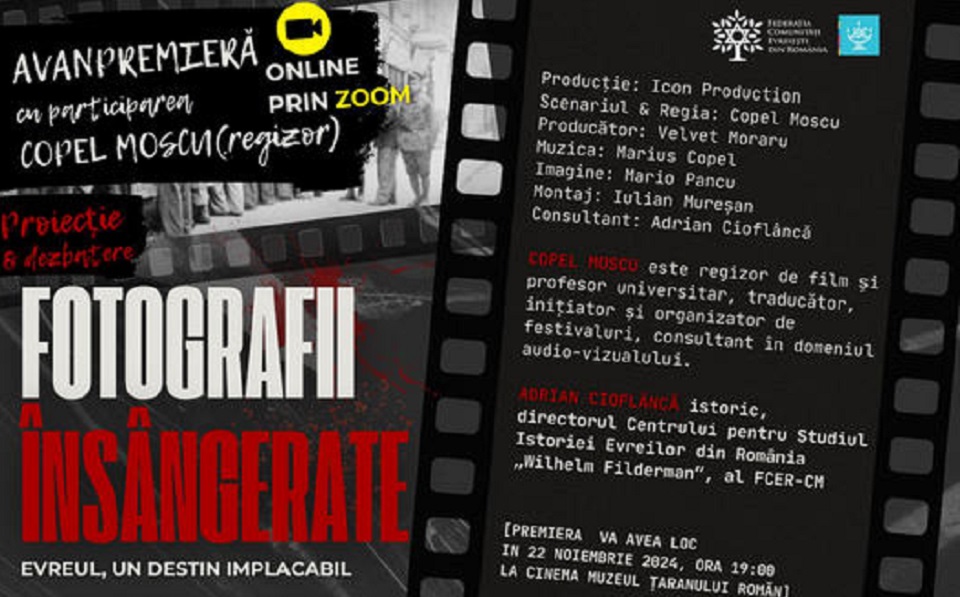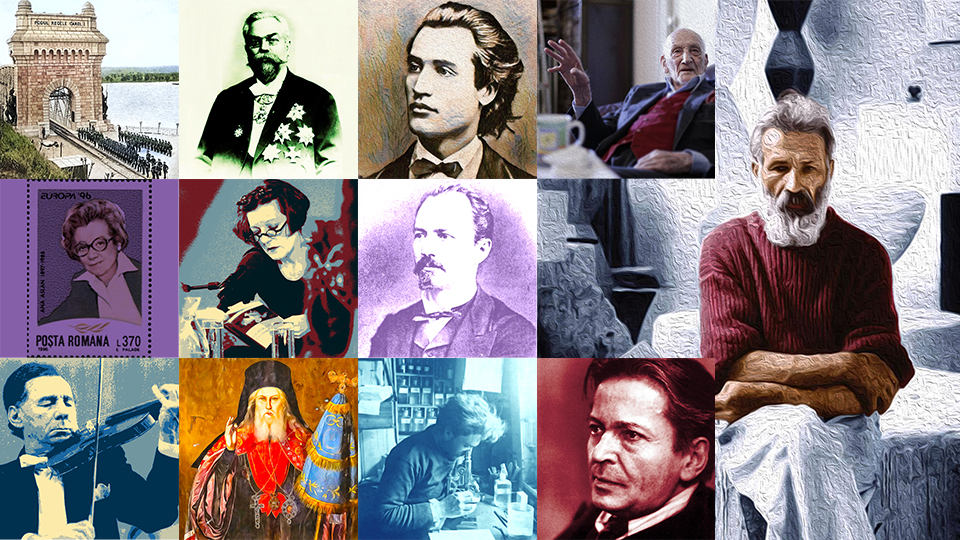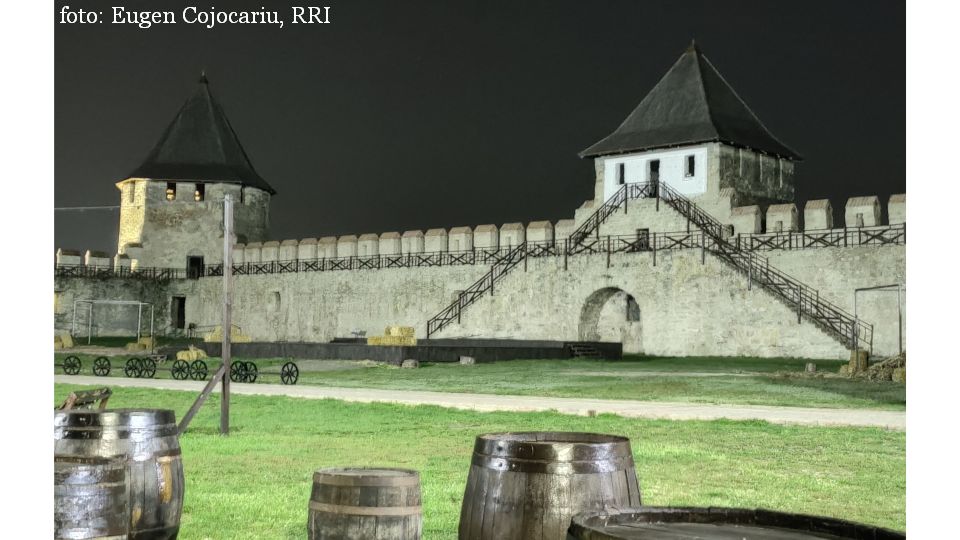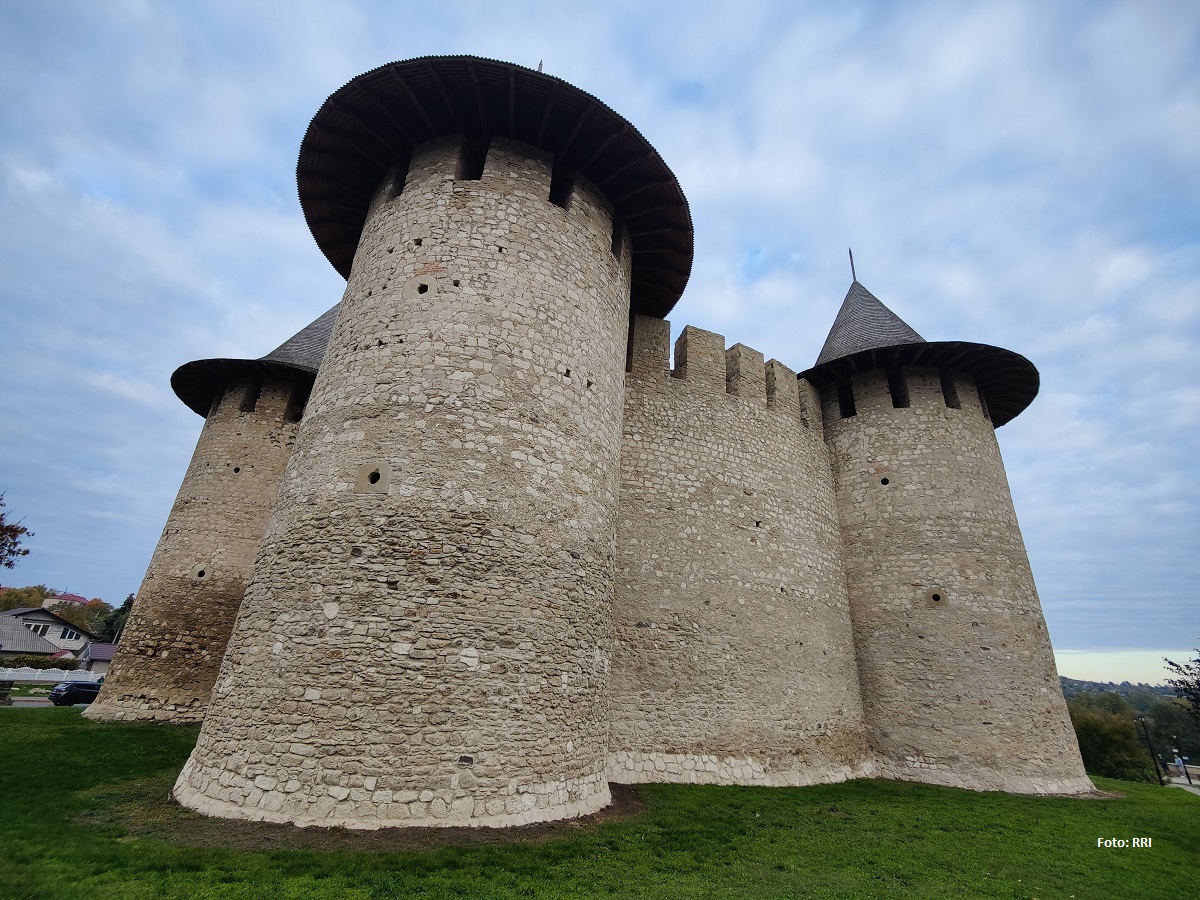The Legend of Count Dracula
The myth of the vampire-count Dracula has made Romania known to the West.

Steliu Lambru, 07.05.2016, 14:59
Count Dracula and his country, Transylvania, represent the people and areas considered to be outside civilization, as pictured in Gothic literature. Before being turned into a literary myth, Dracula symbolically stood for meeting the unknown and the unpredictable. It is the fear of facing what is different, what goes beyond the ordinary, the values and beliefs of common people. This malevolent character, against whom people have to wage a life-and- death fight, comes from a place of darkness, of mystery and wilderness.
Evil has taken various forms in universal literature, Dracula being nothing but the modern embodiment, on several levels, of what the West has always detested and feared the most: dictatorship as an adversary of democracy, obscurantism as the enemy of science, hierarchical superiority as opposed to equality, barbarian attitudes and crimes as adversaries of the law. Everything outside reason, tolerance, modernization and freedom was a danger posed to the humankind’s ideals of peace and happiness.
The novel “Dracula” was published in 1897 against the backdrop of a tense European climate. The old continent was overwhelmed by the political radicalism of the future ideologies that later gave birth to the most barbarian political regimes such as Nazism and Communism, and the pessimistic view of the world had reached a climax. From a political point of view, Dracula is the absolute dictator who has powers that go beyond humans’ capacity of understanding. When Dracula decides to go to England, leaving behind his castle located in the Bargau Pass, in the Eastern Carpathians, with a view to spreading the vampire phenomenon in the civilized world, nobody has any more doubts regarding the intentions of such a character coming from such a world. Dracula’s dictatorship uses the bite in the neck to turn a citizen into a vassal.
Dracula also stands for an entity of darkness. He detests science, light and brightness. His world is dominated by mystery, the lack of light, occult practices and a lugubrious atmosphere. And since the modernism of the 19th century meant the progress of science and reason, their adversary had no other mission than to reject them. Eventually science won the fight against occultism, and the secularized West got rid of the superstitious and cruel East.
The vampire of Transylvania has the title of count. He is not a townsman, a peasant, a soldier or a public servant. He holds no dignity or rank known to writer Bram Stoker’s contemporaries. According to his own confessions, he has been living for several hundred years, he has lived the dark times of the Middle Ages making it to the present world. He was once a prince and fought for the defense of Christianity. The vampire stands for the despotic power of nobility that hates merging with other social classes, which they would rather oppress. Near Dracula’s castle there live peasants who are not allowed to interact with the owner of the castle, whose name they are afraid to utter. Dracula is learned and polite but hates being the equal of mortals.
The bloodthirsty count comes into the civilized world and brings along barbarism. Although a dictator who promotes order and submissiveness, Dracula is a supporter of anarchy, of illegitimate acts, of usurpation and law infringement, advocating the rise of his maleficent reign on the ruins of civilization. He wants to turn people around against their will, the vampire and his aids being fully aware of their criminal plan.
In Bram Stoker’s book, count Dracula’s Bistrita is mentioned in the beginning and at the end. The author has never traveled to Transylvania but he didn’t need to, in order to imagine the fictional story of the vampire count. The reality is much more banal, this is how it was and how it will be, and tourist operators use fiction to make profit. From the negative hero Dracula to his popularization it was just one step, and today the town of Bistrita takes advantage of all the fears and frights people had during the time of the bloodthirsty count. Bistrita took advantage of the Dracula myth even during the Communist period, when the authorities were waging a genuine campaign of discrediting the myth. The only hotel built in 1974 on the very location indicated by Bram Stoker’s novel gives apparent authenticity to a story that was created in an area as common as many others.
Frequently likened to the historical character of ruler Vlad the Impaler, Dracula is the evil that threateningly rises against the good. He is a concoction of the West that discovered him in its eastern vicinity, in the other Europe. The conclusion of the novel refers to the existence of a latent evil which destroys the harmony of man and civilization, which is all around us.






























